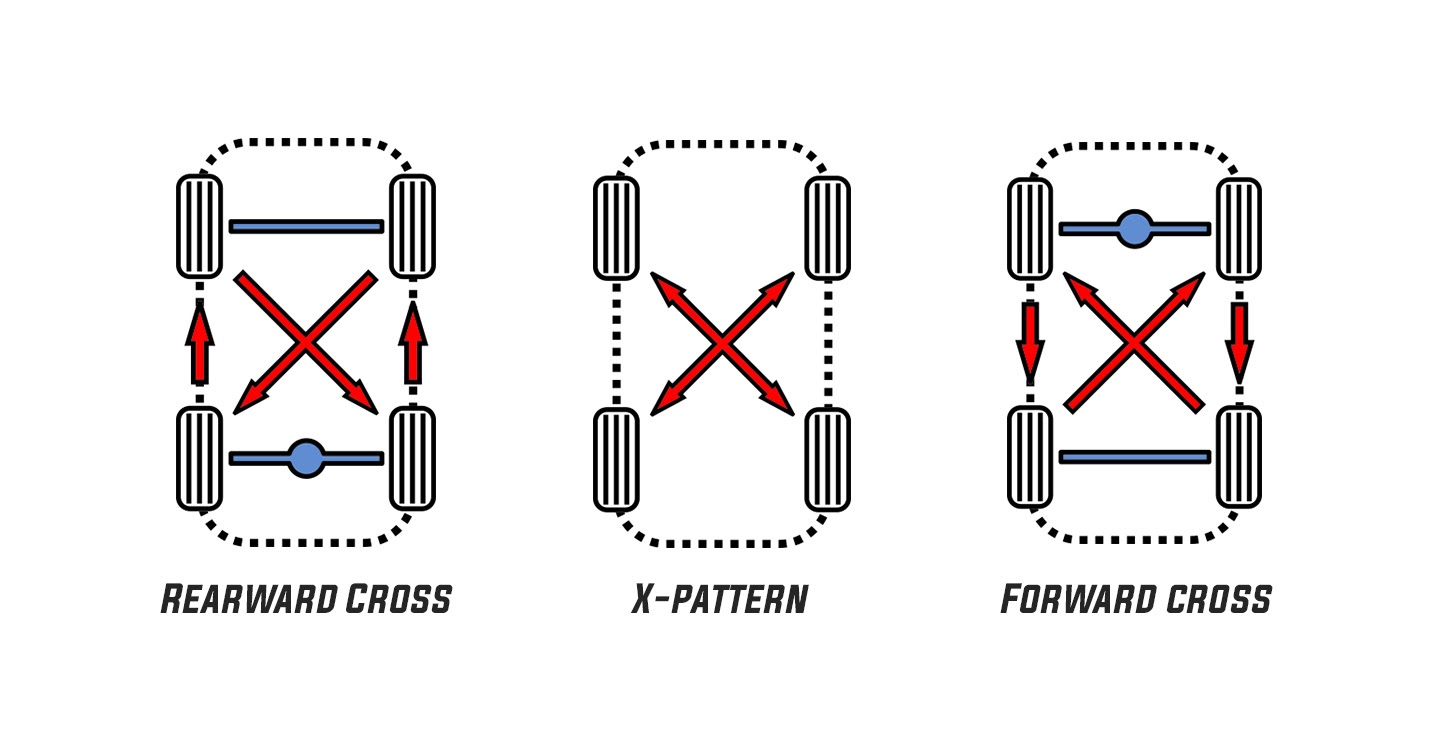Car engine oil plays a pivotal role in ensuring the smooth operation and longevity of your vehicle. Without it, the engine’s internal components would quickly degrade due to friction and heat. Understanding the importance of car engine oil, its types, and how to maintain it can help drivers prolong the life of their vehicles and improve their overall performance. This article will explore the critical functions of car engine oil, the different types available, and how to take care of it to ensure your engine runs smoothly.
Table of Contents
The Function of Car Engine Oil
Car engine oil is essential for lubricating the various components inside your vehicle’s engine. Its primary function is to reduce friction between the moving parts, such as pistons, camshafts, and crankshafts. When these components are properly lubricated, they operate more smoothly https://dellendirecto.com/, reducing the wear and tear on your engine. Additionally, car engine oil helps to absorb and dissipate the heat generated by the engine’s operation. This cooling effect is vital, as excessive heat can lead to engine failure. Furthermore, engine oil cleans the engine by picking up dirt, debris, and other contaminants, preventing them from causing damage. Without sufficient oil or the proper type of oil, the engine would not function efficiently, leading to potential long-term damage.
Types of Car Engine Oil
There are several types of car engine oil, and each one serves a specific purpose depending on the make and model of your vehicle. The two main categories are conventional oil and synthetic oil. Conventional car engine oil is derived from crude oil and is often used in older vehicles or those that don’t require high-performance standards. While it is effective in providing lubrication, conventional oil tends to degrade faster and may not offer the same level of protection as synthetic oil. On the other hand, synthetic car engine oil is chemically engineered to offer superior performance and protection. It is designed to withstand higher temperatures and last longer than conventional oil. For vehicles with modern, high-performance engines, synthetic oil is typically the recommended choice.
The Importance of Regular Oil Changes
Regular oil changes are one of the most important aspects of car maintenance, as they ensure that the car engine oil remains clean and effective. Over time, engine oil breaks down and becomes contaminated with dirt, debris, and metal particles from the engine. When this happens, the oil loses its ability to lubricate and cool the engine, leading to increased friction and potential engine damage. By changing the oil at regular intervals, you ensure that your engine is always protected by fresh oil, which helps maintain optimal performance. Most manufacturers recommend changing the oil every 3,000 to 5,000 miles, but this can vary depending on the type of oil used and the vehicle’s specific requirements.
Choosing the Right Car Engine Oil for Your Vehicle
Selecting the right car engine oil is crucial to maintaining the health of your engine. The oil you choose should meet the specifications outlined in your vehicle’s owner’s manual, which will indicate the recommended oil type, viscosity grade, and any additional requirements. Oil viscosity refers to the thickness of the oil, and it affects how easily the oil flows through the engine. The viscosity grade is typically expressed with a number followed by the letter “W,” such as 5W-30, where the first number represents the oil’s flow at low temperatures, and the second number represents its flow at high temperatures. Choosing the wrong oil for your car can lead to poor engine performance, reduced fuel efficiency, and even engine damage over time.
The Impact of Car Engine Oil on Fuel Efficiency
The quality and type of car engine oil can have a significant impact on your vehicle’s fuel efficiency. Using the right oil ensures that the engine runs smoothly, reducing friction and the amount of energy needed to operate the vehicle. When the engine is properly lubricated, it works more efficiently, and the vehicle requires less fuel to maintain its speed. Conversely, old or incorrect oil can cause the engine to work harder, leading to decreased fuel efficiency and increased fuel consumption. For drivers looking to save on fuel costs, regularly changing the oil and using the recommended oil type can result in better gas mileage and fewer trips to the pump.
The Relationship Between Car Engine Oil and Engine Lifespan
One of the most significant benefits of maintaining proper car engine oil levels is the effect it has on the lifespan of the engine. Fresh and clean oil reduces wear on engine components, which helps extend the life of the engine. Oil that is old or of poor quality can cause components to wear out prematurely, potentially leading to costly repairs or engine failure. By ensuring that your car engine oil is always fresh and up to the manufacturer’s specifications, you protect the engine from excessive wear and tear. Regular maintenance, such as oil changes, can also prevent the buildup of sludge, which can block oil passages and lead to poor engine performance or even complete engine failure.
Understanding Oil Additives and Their Role in Car Engine Oil
Car engine oil often contains various additives designed to enhance its performance and protect the engine. These additives can include detergents, dispersants, anti-wear agents, and viscosity improvers. Detergents help to clean the engine by breaking down carbon buildup and preventing sludge formation. Dispersants help keep contaminants suspended in the oil, preventing them from settling and causing damage to engine parts. Anti-wear agents form a protective layer on metal surfaces to reduce friction and prevent wear. Viscosity improvers help the oil maintain its thickness across a wide range of temperatures. These additives play a critical role in ensuring that the car engine oil performs optimally, even under harsh driving conditions.
Signs That Your Car Engine Oil Needs Changing
There are several signs that your car engine oil may need changing. One of the most obvious indicators is the oil change light or maintenance light on your dashboard. If this light illuminates, it’s a good reminder to check your oil level and consider getting an oil change. Additionally, if the oil appears dark and dirty or has a gritty texture, it may be time for a change. Another sign that your oil is due for replacement is if you notice a decrease in engine performance, such as unusual noises, rough idling, or a decrease in fuel efficiency. Listening to your car and keeping track of its oil maintenance schedule can help ensure that the engine stays in optimal condition.
Conclusion
Car engine oil is a vital component that helps keep your vehicle running smoothly and efficiently. It reduces friction, absorbs heat, and cleans the engine, all of which contribute to the overall performance and longevity of your vehicle. By choosing the right oil, maintaining proper oil levels, and changing the oil regularly, you can protect your engine from damage, improve fuel efficiency, and extend the lifespan of your car. Taking care of your car engine oil is an easy yet effective way to ensure that your vehicle continues to perform at its best for years to come.




